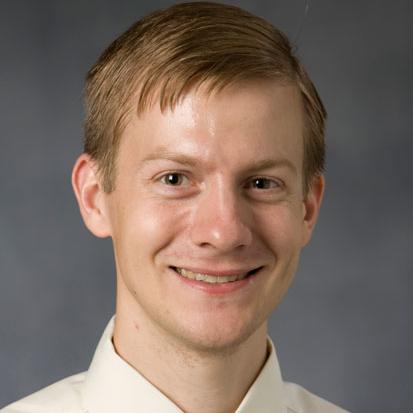Marc Jeuland
Professor in the Sanford School of Public Policy
Research Professor of Global Health
Professor of Environmental Sciences and Policy
Appointment:
Topics:
Marc Jeuland
Professor in the Sanford School of Public Policy
Research Professor of Global Health
Professor of Environmental Sciences and Policy
Marc Jeuland is a Professor holding primary appointments in the Sanford School of Public Policy and the Duke Global Health Institute at Duke University, and secondary affiliations with the Nicholas School of the Environment and the Pratt School of Engineering. He currently co-leads the James E. Rogers Energy Access Project at Duke, a research, teaching, and engagement oriented program aiming to reduce global energy poverty and to enhance the development impacts of energy sector interventions. He also holds a research affiliation with the Rheinisch-Westfalisches Institut (RWI) – Leibniz Institute for Economic Research.
Jeuland is an applied environmental economist whose research interests include nonmarket valuation, water and sanitation, environmental health, energy and development, the planning and management of trans-boundary water resources and the impacts and economics of climate change. His research in the domain of environment and development has mostly focused on South Asia and sub-Saharan Africa, and includes a mix of micro-level household surveys and experimental or quasi-experimental studies, and systems level modeling, the latter of which are especially geared to understanding the impacts and robustness of water resources projects in transboundary river systems. Besides working with other academics, Jeuland collaborates often with researchers and practitioners working in organizations such as the World Bank, USAID, the Millennium Challenge Corporation (MCC), the International Water Management Institute (IWMI), the Global Alliance for Clean Cookstoves (GACC), the World Health Organization, and the Nile Basin Initiative.
He teaches several courses at Duke University including Economics of the Public Sector, Economic Analysis and Evaluation for Public Health and Environment, Water Cooperation and Conflict, Global Environmental Health, and a Bass Connections course on Strategies for Energy, Water, and Agriculture Development in Ethiopia.
Prior to my graduate studies and work at UNC-Chapel Hill, Jeuland was a Peace Corps volunteer in Mali, West Africa, where he designed and monitored construction of a pilot wastewater treatment system and trained management personnel at the plant’s managing firm. He earned a B.S. in engineering from Swarthmore College.
Projects
-
Increasing the Effectiveness of Improved and Clean Cookstove Interventions in Rural Senegal Using Experimental and Quasi-experimental Methods
United States
-
Digo Jal Bikas: Sustainable, just and productive water resources development in Western Nepal
Nepal
-
Do increasing block tariffs lead to water conservation? Evidence from Hangzhou, China
China
-
Water, Climate Change and Health in the Rift Valley, Ethiopia
Ethiopia
Publications
-
Qu W, Ruhinduka R, Clark ML, Benka-Coker M, Quinn A, Stokes H, et al. The use and impacts of an ethanol cooking fuel promotion pilot in Dar es Salaam. Energy for Sustainable Development. 2025 Jun 1;86.Meles TH, Mekonnen A, Jeuland M, Beyene AD, Klug T, Hassen S, et al. Does the payment vehicle matter for valuing improved electricity reliability? A discrete choice experiment in Ethiopia. Utilities Policy. 2025 Apr 1;93.Das I, Galeos SKD, Xue Y, Zong J, Lewis JJ, Fujita-Conrads R, et al. The Costs and Benefits of Clean Cooking Policies in Low- and Middle-Income Countries Under Real-World Conditions. Sustainable Development. 2025 Jan 1;Cook PJ, Jeuland M, Ludwig J. Valuing the benefits of reducing firearm violence in the United States. Proceedings of the National Academy of Sciences of the United States of America. 2025 Jan;122(4):e2419864122.
See more publications at Scholars@Duke

